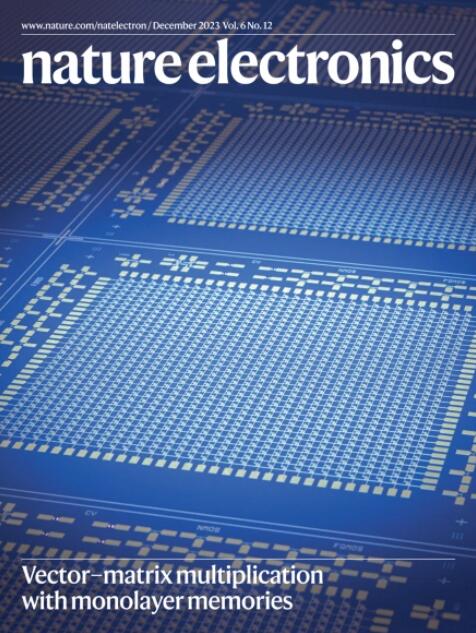Scientific challenges in governing military AI
IF 33.7
1区 工程技术
Q1 ENGINEERING, ELECTRICAL & ELECTRONIC
引用次数: 0
管理军事人工智能的科学挑战
人工智能(AI)在军事行动中的出现正在彻底改变现代战争--这一发展需要强有力的治理框架来降低风险。2024 年 9 月 9-10 日,在韩国首尔举行的军事领域负责任的人工智能(REAIM)会议上,军事人工智能治理取得了显著进展。会议由韩国、荷兰、新加坡、肯尼亚和英国共同主办,会议结束时,包括美国、德国、法国和日本在内的 61 个国家批准了 "行动蓝图 "1 。中国派政府代表参加了峰会,但没有支持这份文件。会议结束后,又增加了两个国家,使目前支持的国家达到 63 个。该蓝图提供了一个全面的框架,涉及人工智能在军事领域的全方位应用。然而,将这些高层次原则转化为可操作的科学和技术措施面临着相当大的挑战,迫切需要全球科学界的关注。
本文章由计算机程序翻译,如有差异,请以英文原文为准。
求助全文
约1分钟内获得全文
求助全文
来源期刊

Nature Electronics
Engineering-Electrical and Electronic Engineering
CiteScore
47.50
自引率
2.30%
发文量
159
期刊介绍:
Nature Electronics is a comprehensive journal that publishes both fundamental and applied research in the field of electronics. It encompasses a wide range of topics, including the study of new phenomena and devices, the design and construction of electronic circuits, and the practical applications of electronics. In addition, the journal explores the commercial and industrial aspects of electronics research.
The primary focus of Nature Electronics is on the development of technology and its potential impact on society. The journal incorporates the contributions of scientists, engineers, and industry professionals, offering a platform for their research findings. Moreover, Nature Electronics provides insightful commentary, thorough reviews, and analysis of the key issues that shape the field, as well as the technologies that are reshaping society.
Like all journals within the prestigious Nature brand, Nature Electronics upholds the highest standards of quality. It maintains a dedicated team of professional editors and follows a fair and rigorous peer-review process. The journal also ensures impeccable copy-editing and production, enabling swift publication. Additionally, Nature Electronics prides itself on its editorial independence, ensuring unbiased and impartial reporting.
In summary, Nature Electronics is a leading journal that publishes cutting-edge research in electronics. With its multidisciplinary approach and commitment to excellence, the journal serves as a valuable resource for scientists, engineers, and industry professionals seeking to stay at the forefront of advancements in the field.
 求助内容:
求助内容: 应助结果提醒方式:
应助结果提醒方式:


